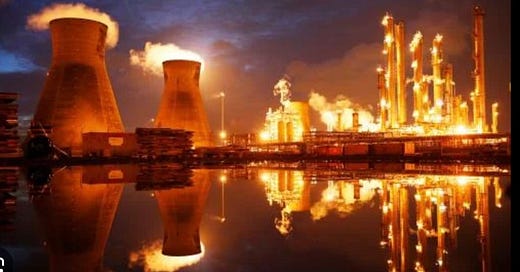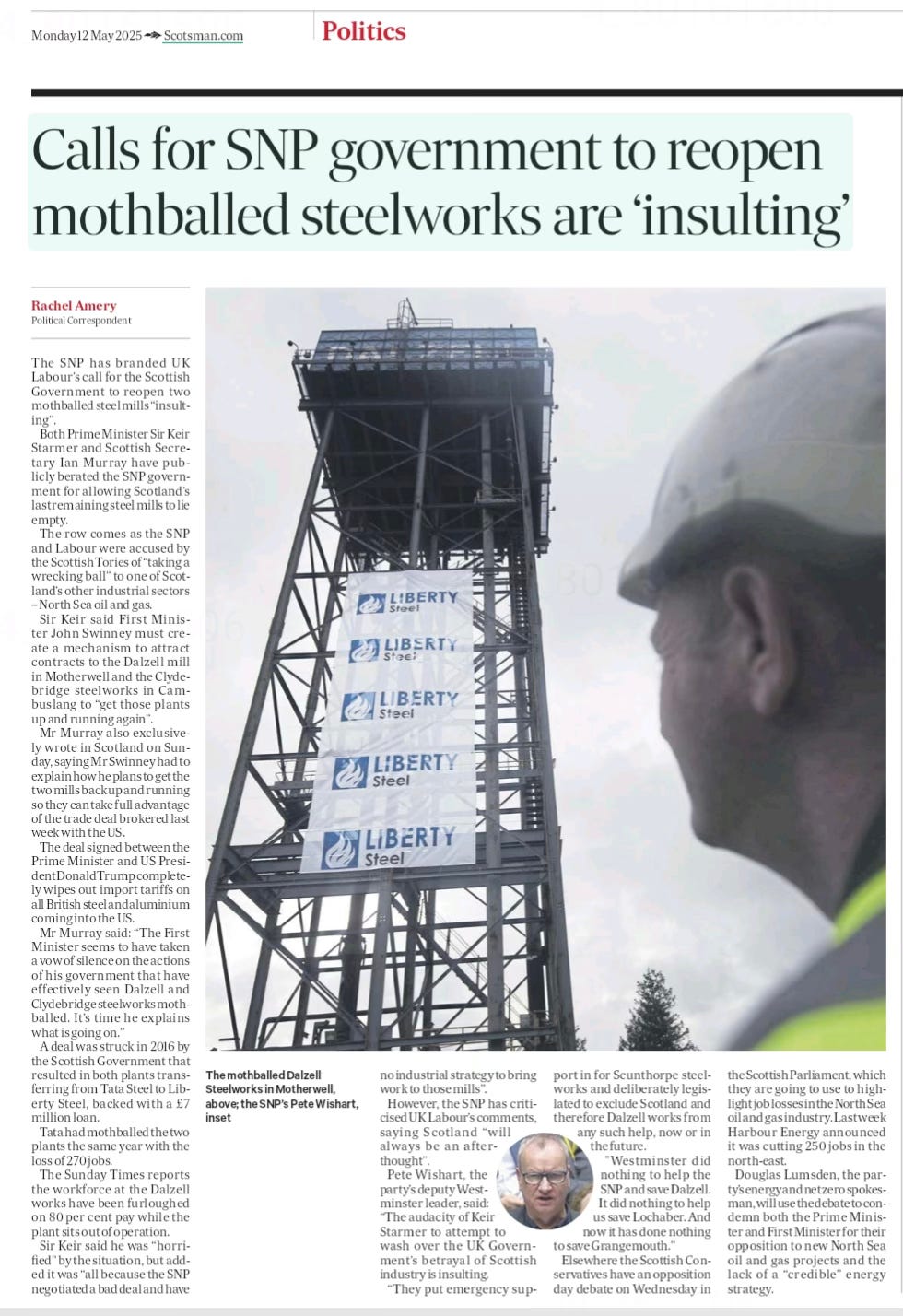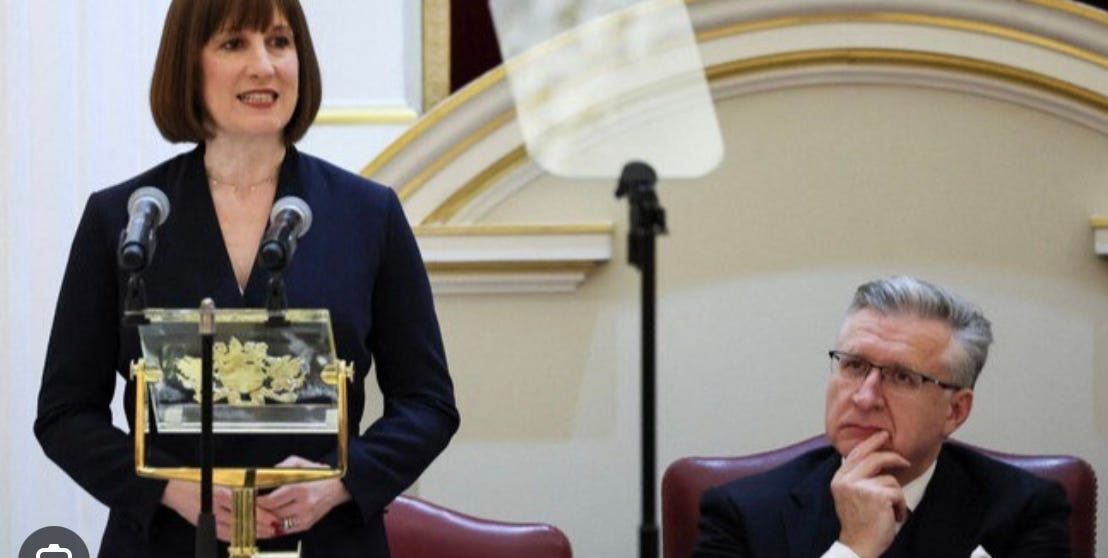Privatisation, foreign ownership and being in the failing UK are behind Scotland's industrial demise
Published in the May 14th edition of The National.
Sir Keir and the Viceroy blame the Scottish colonial administration for the mothballing of the Dalzell and Clydebridge steel mills, both of which are privately owned by Sanjeev Gupta’s Liberty Steel Group, the UK’s 3rd largest steel manufacturer.
Some history. In 2016, the Scottish administration took over the two Scottish mills from Indian-owned TATA Steel UK and transferred ownership to Singapore-based Liberty Steel Group which promised to revive the mills. Now it turns out that revival was never a serious plan.
The last time Dalzell and Clydebridge were publicly owned was in 1988, when they formed part of the British Steel Group, nationalised in 1967 under the Wilson Labour government.
And herein lies the problem, one that Sir Keir and the Viceroy miss entirely. The mass privatisation and deindustrialisation of not just Scotland but of the entire UK are closely linked. Once the UK privatised the economy’s commanding heights - steel, transport, water, energy, telecomms - it ceded ownership and control to foreign corporations and governments. Not surprisingly, foreign owners aren’t committed to the UK. Rather, their UK investments are an opportunity to asset-strip, price gouge and repatriate profits back to their home countries.
At the same time the UK’s productive industries were being sold off, the Thatcher government deregulated the London Stock Exchange and then banking, which has resulted in today’s heavily financialised and nonproductive economy. It’s why Rachel from Accounts Reeves called the City of London the UK’s Crown Jewel.
Privatisation of the UK industrial base has been a colossal failure. It didn’t, as promised, enhance competition, lower costs or deliver a better service, but led to the exact opposite. The private oligopolies that took over only cared about increasing profits and payouts to shareholders, not about investing in the business. So consumers ended up paying more for worse services, well paid jobs disappeared, and the productive industrial economy shrank.
In the energy sector alone, from the early 1990s to 2001 60% of jobs were lost through outsourcing and downsizing while corporate profits soared. The privatised National Grid just reported profit margins of 24.03%. Grangemouth’s closure with the loss of 3k jobs, even though the refinery was profitable, is just the latest industrial carnage.
So it makes no sense for John Swinney and Kate Forbes to tout foreign direct investment (FDI) as the only way to grow Scotland’s economy.
Rather than spur productive growth, FDI siphons off Scotland’s wealth. Since 1998 until 2021, nearly £280bn has been drained from Scotland, £135bn to rUK and £143bn to the rest of the world.
As Scotland grows more reliant on FDI, its politicians become increasingly beholden to foreign investors who will threaten to pull their money from Scotland if their demands for tax breaks, weaker worker protections and looser environmental standards aren’t met.
Rather than feel insulted by the UK government, the Scottish SNP administration (it’s not a government) should grow a pair and state the obvious. Only by becoming a real government with the power to control and invest in its land, resources and people can Scotland prosper.








Another very good article.
Our oppressors rely on us having no historical memory and knowledge of economics in order to maintain the asset-stripping racket.
These are ably abetted by our pusillanimous British government surrogates operating out of Bute House and Holyrood.
Swinney, and his motley crew are the self-identifying handmaidens who will never "grow a pair".
The idea of going to a polling-station to vote for a new and, largely powerless, colonial-administration every five years makes no sense to me, whatsoever. Voting in a colony is little more than a performative exercise in the overarching and carefully tended illusion of democracy.